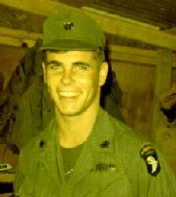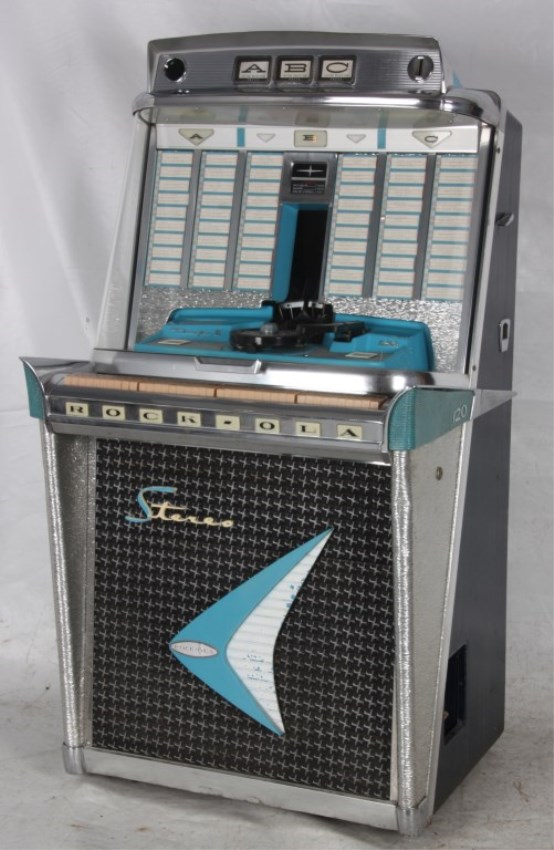
The 60s Official Site
"Where Music is Our Middle Name"
Quick Links
Your Daily Oldies Fix Top Ten Countdown Solid Gold Memories Jukebox Music
Vibration of a Nation Remember When Television of the 50s and 60s 60s Slang
Things You Just Don't Hear Anymore 60s TV Commercials Chickenman Episodes Woodstock This Weeks Number One Hits
The Early Years of Rock and Roll Vietnam War Myths
All the content menu is listed on the left menu border bar
My Three Sons
My Three Sons is an American sitcom. The series had a long run, from 1960 through 1972. ABC covered it from 1960 through 1965, and then the series moved to CBS until the end of its run on April 13, 1972. My Three Sons chronicles the life of widower and aeronautical engineer Steven Douglas (Fred MacMurray) as he raises his three sons. When the series began in 1960, the boys were age 18 (Mike), 14 (Robbie) and 8 (Chip). They were played by Tim Considine, Don Grady and Stanley Livingston, respectively. At the beginning of the series, storylines centred on the family's adventures in suburbia, and was perhaps the hybrid of what was to become the era of the Dom-Com (Domestic Sitcom). Steve Douglas also spent a good deal of time fending off attractive women who wanted to marry him and take over that loveable ready made family. The 'woman' in their lives was Bub O'Casey, Steve's maternal father in law, who did all the cooking, cleaning and chores. Other regulars in the early years were Peter Brooks as Robbie's best friend Hank Ferguson, and Ricky Allen as Sudsy Pfeiffer, Chip's best friend. The first of the show's format changes began at the start of the 1963-64 season. Meredith MacRae (1944-2000) was introduced as Sally Morrison, the girlfriend to eldest son Mike. They would become engaged and eventually marry. Meanwhile, Chip's new pal Ernie Thompson (co-star Stanley Livingston's real-life brother, Barry) was introduced and he would ultimately become a permanent part of the Douglas household. During the 1964-65 season, Frawley left the show for health reasons and Bub was written out of the show and replaced with his cantankerous younger brother Charley, a retired sailor played by William Demarest (1892-1983), whose crusty disposition masked a soft heart. At the start of the 1965-66 season, when the show moved from ABC to CBS, Mike and Sally got married in the very first Color episode, and moved back East so that Mike could accept a job teaching psychology on the college level. (Actor Tim Considine had at 24, outgrown the role and wanted out of the series to pursue a Directing career, which ultimately never eventuated). To re-establish the 'three sons', Steve subsequently adopted orphan child Ernie, who was not permitted to accompany his foster parents in their move to the orient. Things went along much the same for the next two seasons, although now the sons were Robbie, Chip and Ernie. Mike would never be referred to again after a few episodes. In a dramatic production move, the series, which for the first seven seasons was filmed mainly on Stage 11 at Desilu Studios in Hollywood, had to up anchor and begin filming at the former Republic Studios site, now rechristened the CBS Studio Center in Studio City, California. This necessitated moves behind and in front of the cameras. Lucille Ball, who by 1962 had bought out her ex-husband Desi Arnaz to take total control of Desilu, was, in February, 1967 talked into a deal by chief executive Charles Bludhorn of the giant Gulf and Western conglomerate, into selling Desilu. As G&W now owned Paramount Studios, Desilu was absorbed into this operation. To facilitate the placement of schedules for various TV series that lensed their shows at Desilu, all were forced to find other burgeoning accommodations. My Three Sons complimented the move to the CBS Studio Center (the Columbia Broadcasting System now owning the show) by introducing a new storyline at the start of the 1967-68 season, where Steve Douglas transfers to California, and the family moves to North Hollywood. (Thus, a new house, and new studio facilities). Although the adjustment was not too pleasant – many of the Douglas's new acquaintances were not too friendly at first – there were good sides to the move. Robbie fell in love with college student Kathleen Miller (Tina Cole), and their romance blossomed into marriage. At the beginning of the following season 1968-69, the newly weds discovered that Katie was pregnant, and during the season she gave birth to triplets; three sons of course. Season 1969-70 brought new love to father Steve Douglas in the form of Barbara Harper (Beverly Garland), Ernie's English teacher. They were eventually married and Barbara's five year old daughter Dodie (Dawn Lyn), whom Steve subsequently adopted, also joined the family. Even original youngest son Chip (who was by now 18) got into the act, eloping with fellow college student Pauline ('Polly') Williams (Ronne Troup) in the 1970-71 season. Adopted brother Ernie was the only one of the sons not to get
married on the show. As if the sprawling family had not gotten big enough already, the start of the final season
(1971-72) saw a four part related episode that was sort of a continuation of a storyline that began in the
1963-64 season. Steve's Scottish nobleman cousin Fergus McBain Douglas (enacted by Fred MacMurray; voiced by
Alan Caillou) came to the United States in search of a wife to take back to Scotland. My Three Sons never changed much in style, only in structure, its format changes having been discussed with the writing staff which increased the show's longevity with natural progressions for each character. For its time and of its type, the show was extremely well written and the writing of the series doesn't get enough credit to this day. As the series only filmed several months out of the year, the same Director was usually employed, which gave the show the behind the scenes continuity it probably needed. When the show was finally cancelled it had been running for twelve years and in reruns has run many, many more. By today's standards it appears wholesome, tame and perhaps slightly dated, but it's a slice of life that all of us can appreciate and learn from. One thing is certain. For all of its detractors, the series remains a favourite all over the world. The show's huge catalogue of 380 half hour episodes is a lasting legacy for Fred MacMurray and his TV family that will never be forgotten. While never a top ten hit during its original run, thanks to syndication the show remains extremely popular and continues to win new fans, young and old for its effective way of depicting an all-male family that did all-male things, even in its simplicity and its naiveté. The original Black and White episodes, considered by most fans as the show's best, were held back from syndication until the 1980s and enjoyed a new lease of life on Cable Television until the late 90s. The Color episodes are in constant syndication and are the only ones being distributed across the U.S. as of this writing (Jan. 2002). As long as TV stations are in need of quality programming the series will hopefully be played regularly to a whole new generation of audience.
|
|




